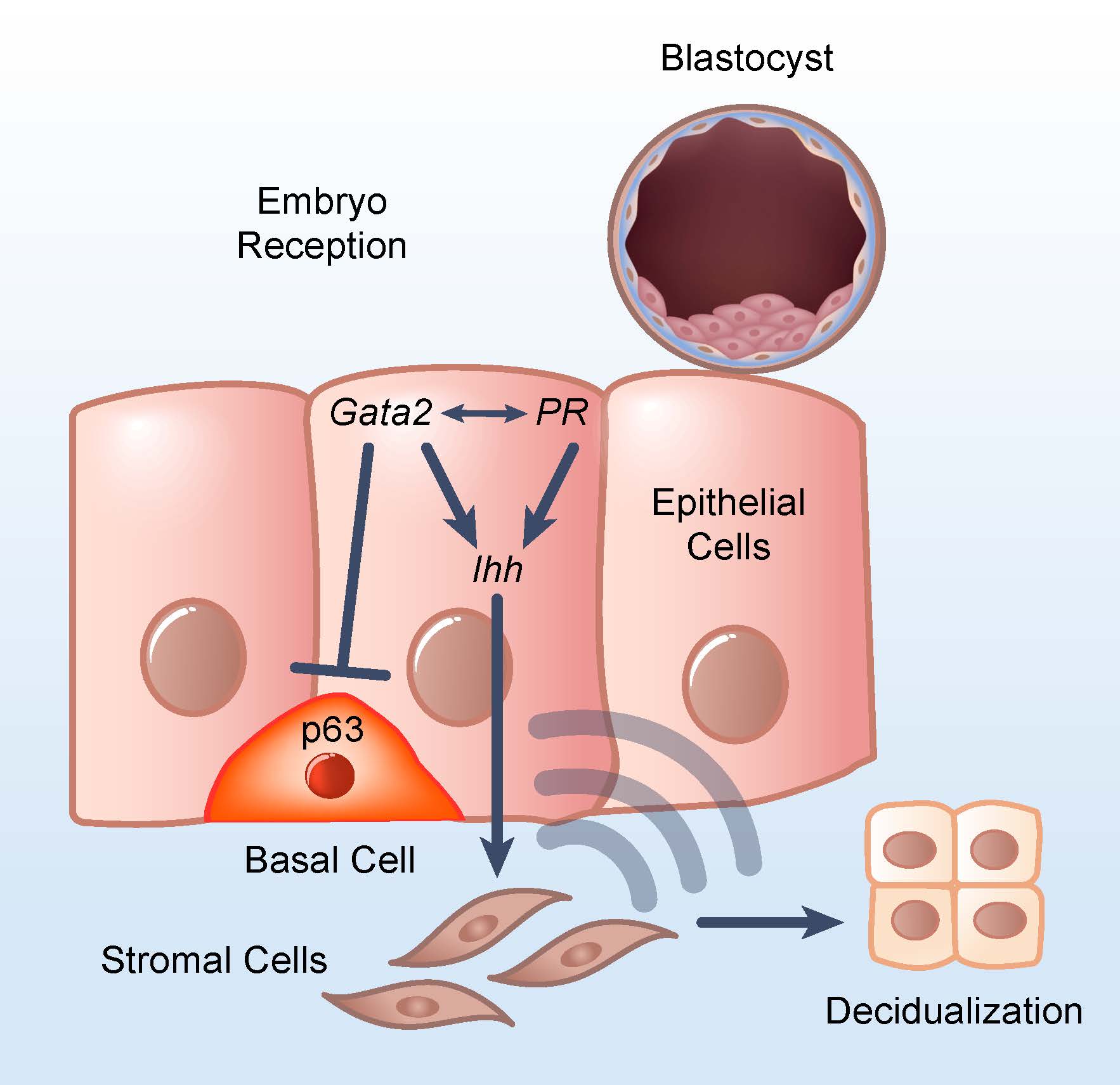Genome-wide study reveals new susceptibility genetic variants for lung cancer
Lung cancer risk affects all populations. Risk factors in European descent populations have been widely studied, but there has been less progress in identifying genetic risk factors that also affect populations of African and Asian descent.

“By studying diverse populations, we can better understand risk factors that vary among populations and how risk factors that are shared across populations may impact different people in different ways,” said Dr. Chris Amos, corresponding author of the study, director of the Institute of Clinical and Translational Medicine and professor of medicine and interim section chief of epidemiology and population sciences at Baylor.

The Baylor-led team conducted a cross-ancestry genome-wide association study, the largest of its kind across diverse populations. They analyzed data from more than 61,000 lung cancer patients and nearly 1 million study controls. Rare-variant associations tended to be specific to populations. Even some commonly known risk factors such as the CHRNA5 and CYP2A6 genes that influence smoking behavior were found to show population specificity. Analysis showed susceptibility candidate genes were frequently part of biological pathways involving immune response and cellular stress response. One notable susceptibility gene candidate identified in the study is IRF4, which is known to cause melanoma and is implicated for lung cancer risk for the first time here.

“In the future, the results of our study could help with identification of people who are at highest risk for developing lung cancer,” said Dr. Jinyoung Byun, co-first author of the study and assistant professor of medicine – epidemiology and population sciences at Baylor. “We want to better understand how genetic information can help people change their behaviors to reduce their risk for lung cancer.”
The researchers also performed functional assays on the susceptibility genes in lung fibroblast cells and found that many of these genes, including IRF4, promote DNA damage when upregulated. This mechanism may prove important for future studies of lung cancer treatment.

“Genes that promote DNA damage may be good target candidates for PARP inhibitor therapy, which prevents cancer cells from repairing certain types of DNA damage,” said Dr. Jun Xia, co-first author of the study and postdoctoral associate at Baylor and National Institute of Environmental Health Sciences K99/R00 scholar at the time of research. “These genes may also be important in studying response to immunotherapy, which tends to work best in tumors with high mutation burden.”
Read the study in full in the journal Nature Genetics.
Amos also is associate director for population and quantitative science at the Dan L Duncan Comprehensive Cancer Center at Baylor.
For a full list of authors and funding for this research, see the publication.
By Molly Chiu



